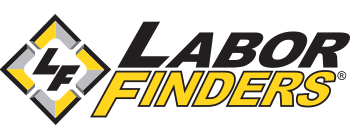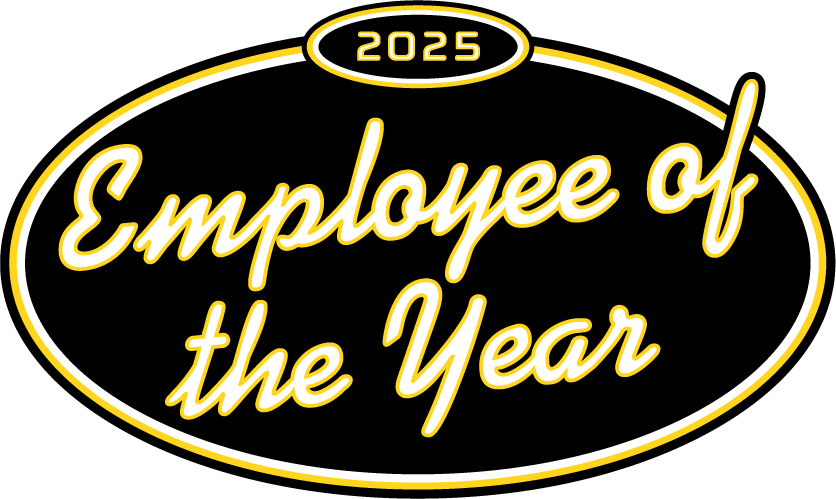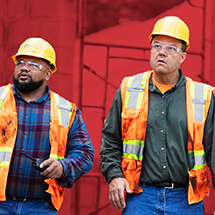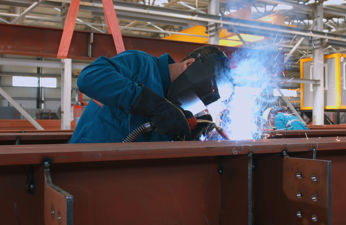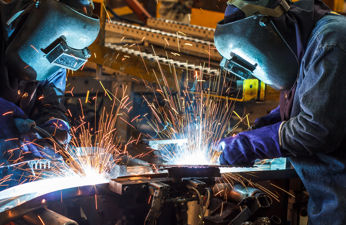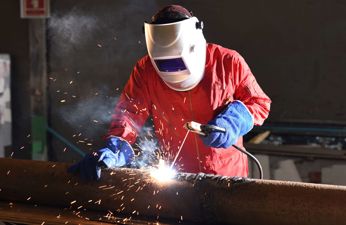-
Job Seekers
X
Job Seekers
Whether you're looking for a temp job or a permanent career, Labor Finders has you covered!
-
Explore
- How it works
- Industries
- Blog
- Locations
- Job Search
You May Also Be Interested In

2025 Employee of the Year
Learn more about our amazing Employee of the Year
-
-
Employers
X
Employers
Let us help you find the workers you need, when you need them.
You May Also Be Interested In
-
Industries
X
Employer Industries
Ready to staff your next project? Our staffing experts has the knowledge and the workers to cater to your unique staffing needs.
In this Section:
Job Seeker Industries
From construction to waste management, we have job openings in whatever industry you’re interested in.
In this Section:
-
About
X
About You
Getting matched to the right job, gaining the flexibility you want, making an impact in your community - at Labor Finders, it’s all about you!
-
You may also be interested in
- About Us
- Job Search Results
- Find an Office
- How it works
- Blog
About Us
With almost 200 offices nationwide, we’ve been putting people back to work for over 40 years. See why we’re a leader in the blue-collar staffing industry.
-
You may also be interested in
- About Us
- Media Center
- Video Library
- Leadership Team
- Careers
- In The Community
- History
-
- Location
From The Blog
When you need the right information to jump-start a new career, we can help! Read our blog for the latest blue-collar news.
Filtering posts by
author:
